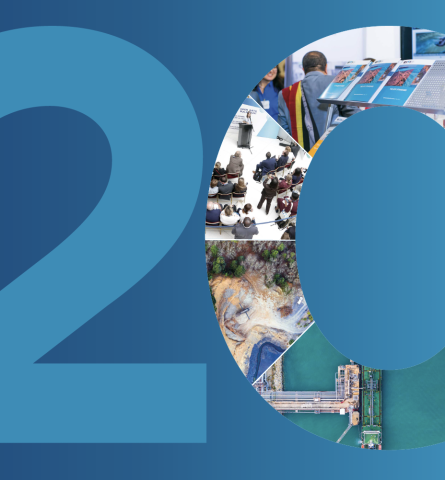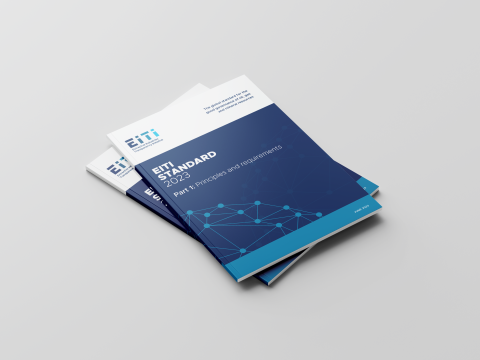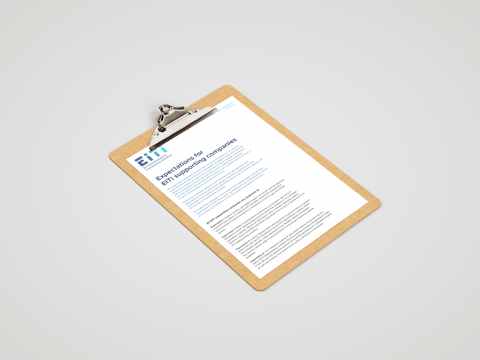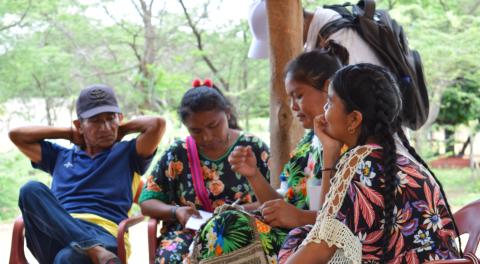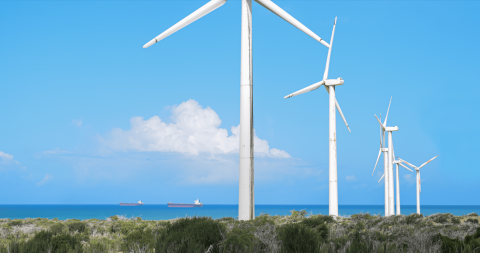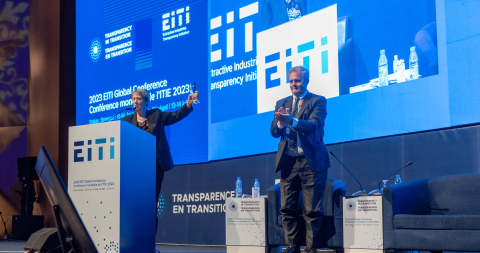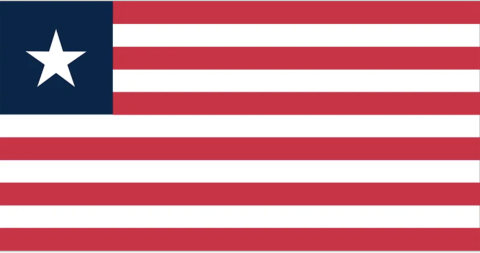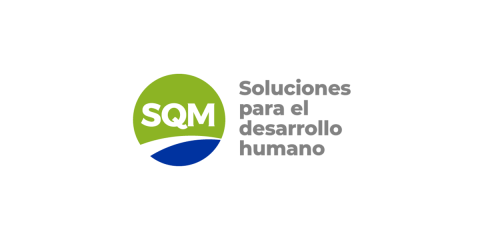
Ten highlights from 2023
EITI Executive Director Mark Robinson reflects on the EITI's highlights of the year.
This has been a milestone year for the EITI. Our 20th anniversary gave us a chance to look back on our journey, celebrate progress and ponder the road ahead. The new 2023 EITI Standard, launched in Dakar in June, stands as a testament to how far we’ve come. Starting with just a few countries reconciling extractive sector payments two decades ago, the EITI has become a global standard “with teeth”, implemented by nearly 60 countries and supported by more than 60 companies.
On the heels of COP28, it’s clear to me that we must continue to evolve to help countries navigate the most pressing challenges of natural resource governance. With nearly 120 governments having pledged to triple their renewable energy capacity by 2030, it’s imperative that governments and companies exercise responsible stewardship of their transition minerals, paying close attention to citizen and community priorities. Our call to action for the renewable energy sector also draws on lessons from the EITI, urging greater transparency and accountability in the sector to curb corruption risks.
The EITI’s mission is not possible without the dedication and commitment of its implementing countries and multi-stakeholder community. The 2023 EITI Global Conference, kindly hosted by Government of Senegal, brought this into sharp relief. I’m inspired by the energy and dynamism of the 1,300 participants who took part and shared their experiences, ideas and passion for ensuring transparent and inclusive natural resource governance.
Heading into the new year, we will continue to work closely with the new EITI Board and constituencies to realise our collective mission and refresh our strategic priorities. In this journey of progress and collaboration, I extend a heartfelt thank you to everyone who makes the EITI possible.
Ten highlights from 2023
1. 20 years
In June, the EITI celebrated its 20 year anniversary at the ninth EITI Global Conference, hosted by the Government of Senegal. The event marked the first time the EITI’s triennial conference was held in Africa, home to half of the EITI’s implementing countries.
2. EITI Standard
The EITI launched the 2023 EITI Standard, featuring new and refined provisions to address contemporary challenges in natural resource governance, such as anti-corruption, energy transition and gender equality.
3. Supporting companies
Over 60 mining, oil and gas companies and commodity traders that support the EITI committed were assessed on whether they meet the Expectations for EITI supporting companies.
4. Community voices
Drawing on experiences in Colombia, Ghana and Indonesia, the EITI’s global report on the “Engaging communities in a just transition” project highlighted information needs and priorities of communities living near energy and extractive operations, and ways to involve them in decisions that affect them.
5. Reporting and Validation
The EITI assessed 11 countries on their progress in meeting the EITI Standard: Burkina Faso, Colombia, Côte d’Ivoire, Dominican Republic, Mozambique, Nigeria, Norway, Republic of the Congo, Tanzania, Timor-Leste and Trinidad and Tobago. To date, more than 20 EITI Reports have been published this year.

Burkina Faso achieves moderate score in EITI implementation

Colombia achieves moderate score in EITI implementation

Côte d’Ivoire achieves moderate score in EITI implementation

Dominican Republic achieves moderate score in EITI implementation

Mozambique achieves moderate score in EITI implementation

Nigeria achieves moderate score in EITI implementation

Norway achieves high score in EITI implementation

Republic of the Congo achieves moderate score in EITI implementation

Tanzania achieves moderate score in EITI implementation
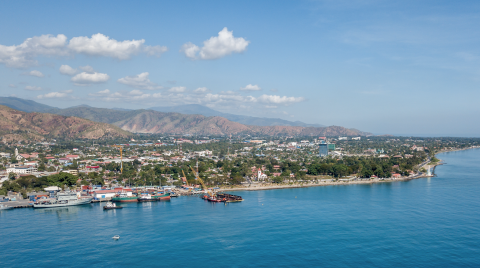
Timor-Leste achieves fairly low score in EITI implementation

Trinidad and Tobago achieves high score in EITI implementation
6. Renewables governance
At COP28, the EITI and partners issued a call to action to strengthen transparency and accountability in the renewable energy sector. The initiative was backed by research on corruption risks hindering the global pledge to triple renewable energy capacity by 2030.
7. Sustained support
The EITI extended partnerships with the European Union and USAID to advance anti-corruption efforts and strengthen natural resource governance. Separately, leaders from implementing and supporting countries and partner organisations reaffirmed their commitment to the EITI’s mission.
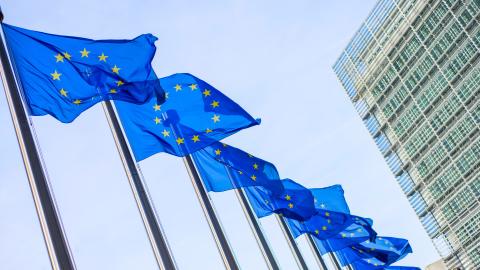
European Union extends partnership with the EITI to strengthen natural resource governance and sustainable supply chains

USAID extends partnership with EITI to advance anti-corruption work and strengthen domestic resource mobilisation
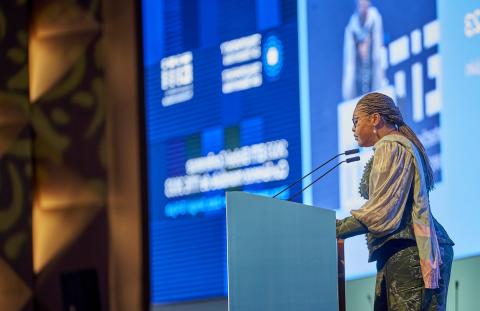
Two decades and counting: EITI commitments around the world
8. Country leadership
Argentina, Mauritania and Ukraine were awarded the EITI Chair Awards, which recognises countries for having shown exceptional leadership and commitment to the EITI.
9. Beneficial ownership
The Opening Extractives programme, midway through its five-year plan, continued to elevate beneficial ownership transparency on national agendas and support the establishment of public registers, for example in Liberia.
10. Chile
Chile, the world’s leading copper producer and second-largest lithium producer, expressed its intent to join the EITI. SQM, a significant lithium producer based in Chile, also joined as a supporting company.
